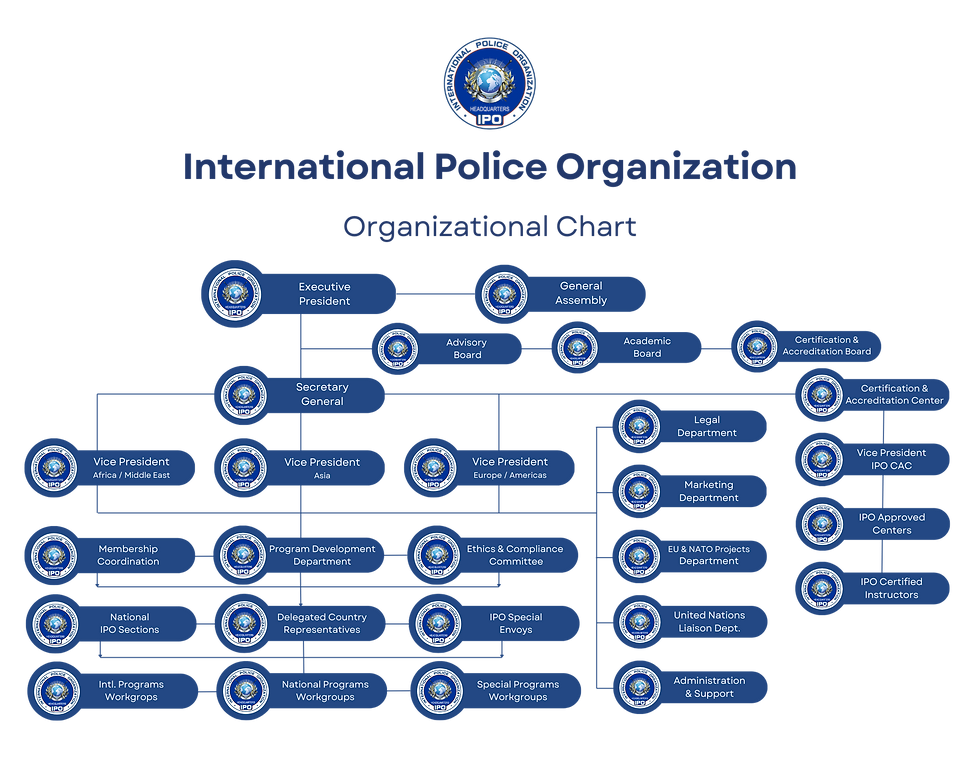THE DIGITAL NATIVES - NET GENERATION
- Jun 21, 2022
- 3 min read
Updated: Sep 21, 2022

Today’s kids and teens are born and raised in a society where the internet and new technologies belong.
Teenagers called "Digital Natives" are deceived with greater ease in using new technologies, unlike adults who often do not trust such tools. This ability, which is often limited to social media or video games, however, it cannot be said that it is sufficient for conscious use, this requires the guidance of the adults because they possess greater tools for understanding the surrounding reality. Indeed, the use of the network, if not mediated by adults competent, exposes the new generations to potential dangers.
A new generation of students has entered the digital education system and this has aroused recent attention among educators and education commentators.
Called "Digital Natives" or "Net Generation", these young people are said to be immersed in technology throughout their lives, filling them with sophisticated technical skills and learning preferences for which traditional education is unprepared.
Great claims are being made about the nature of this generational change and the urgent need for educational reform in response. However, the current situation is by no means clear and for this reason, we propose to seek a more prudent approach to investigating 'digital natives' and their implications for education.
In order to develop the emotional, cognitive, and social skills of young people to build meaningful relationships both online and in real life, is extremely important the cooperation of all the educational agencies. In particular, major educational agencies, such as families and schools should be able to open an ongoing dialogue to guide the path of youth development involved in the delicate task of growth.
There is little awareness on the part of the gravity of the phenomenon of adults, many of them actually tend to minimize the seriousness and the severe consequences of such behaviors saying that these phenomena have existed for some time. If this is somewhat true, then cyberbullying expectations will be pronounced and the effects will be visible to victims, especially at the emotional level.

Research shows that 56% of parents of minors who have been subjected to acts of cyberbullying are not aware of it, even excluding the fact that it may have happened or think this situation will pass.
The type of violence suffered, confusion, and guilt feeling pushes victims to shut themselves in and think that they have to face the situation alone.
It happens, too, by doing so, that they are found in a vicious circle from which it is difficult to get out.
Dialogue and observation to understand some signals are the best tools that parents can use.
Generational differences are seen as the cause of wide-ranging changes in our ability to engage with technology and the concept of the digital native has gained popularity in certain areas of civil society.
Width of use, experience, gender and educational levels are also important, in some cases even more important than generational differences, in explaining the extent to which people can be defined as digital natives. Experts confirm that it is very easy for adolescents to become digital natives, especially in the field of learning by gaining skills and experience in interacting with information and communication technologies where we often assume that there is a gap between teachers and students and that if a gap of such exists, it is obviously possible to close.
The IPO Education and Crime Prevention Department, is working with experts specialized in different perspectives in this field to bring to the aid this of this category, projects, training, and educational programs which will be implemented with educational structures including management staff of schools, officials, teachers, and psychologists but will mainly work with school security officers to have the best possible coordination between educational and law enforcement institutions as the misuse of the Internet and its consequences are not only considered as a social problem but also considered as a criminal problem which can damage the economy, life, and future of adolescents and young people.
By Dr. Tomori Mareglen
Criminologist & Crime Analyst
Expert in Forensics Sciences,
Investigative Criminology & Intelligence
Executive President - CEO
International Police Organization IPO






Comments